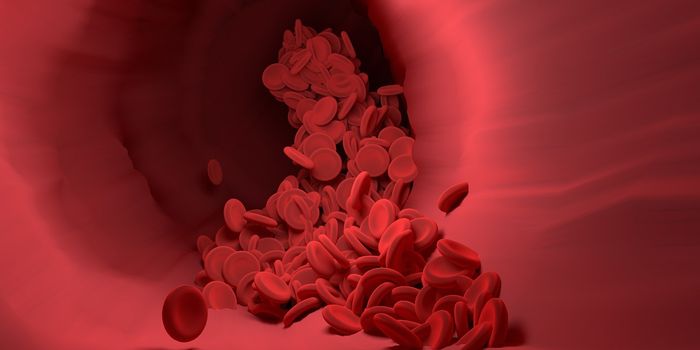Diet Changes Majorly Reduce Heart Risks
According to new research presented at the American Heart Association's Hypertension Scientific Sessions 2022, adopting the Dietary Approaches to Stop Hypertension (DASH) diet may be the best lifestyle change for managing stage 1 hypertension.
Stage 1 hypertension is defined as having blood pressure levels of 130–139/80–89 mm Hg, and the study’s authors estimated that about 8.8 million people ages 35–64 years in the U.S. have untreated stage 1 hypertension. The authors used a simulation to estimate cardiovascular disease events (such as heart attacks and strokes), mortality, and health care costs between 2018 and 2027 for this population. They simulated the effects of various lifestyle interventions to reduce blood pressure and observed how these interventions changed the outcomes for the study population; interventions included weight loss, physical activity increases, dietary changes, smoking cessation, and decreases in alcohol consumption.
Overall, the researchers found that lifestyle interventions could prevent about 26,000 cardiovascular disease events, stop about 2,900 deaths, and save about $1.6 billion in healthcare costs. Among the interventions in the study, the DASH diet had the greatest impact on outcomes.
The DASH diet focuses on limiting sodium, saturated fat, and sugar while increasing intake of nutrients that help control blood pressure, such as potassium, calcium, and magnesium. Recommended foods include whole grains, vegetables, fruits, low-fat dairy products, lean meats, poultry, fish, nuts, and legumes. On the DASH diet, it is important to limit sodium and added sugars. Avoidance of sugary beverages, such as sodas and fruit juices, is particularly important, and fast-food consumption should be minimized since it tends to be high in sugar, sodium, and saturated fat.
Sources: Science Daily, Mayo Clinic








